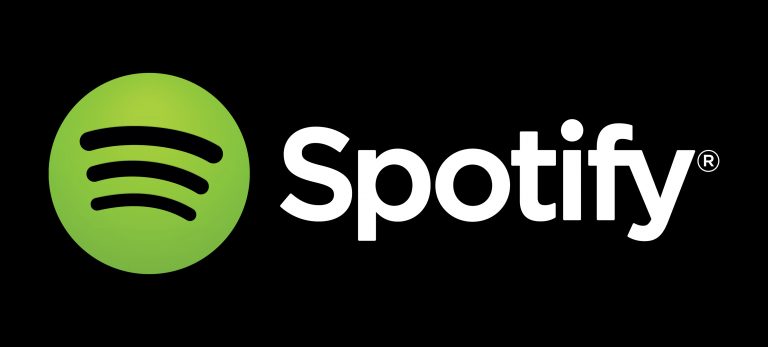
Spotify, a popular music streaming service, is planning to go for a direct listing on the New York Stock Exchange later this year or early next year, Reuters reported Friday, citing two sources familiar with the matter.
Spotify will be the first big company to offer shares directly to the public. The music streaming service’s direct listing “would be the biggest test yet for the direct listing process,” according to the news agency.
There is a difference between traditional initial public offering (IPO) and direct listing. During an IPO, investment bank underwriters sell shares to the public at a predetermined price, while the direct listing allows investors to buy shares through the open market, without a predetermined price. The direct listing process eliminates the need for a bank or broker to underwrite the offer along with many associated fees. The company does not raise any capital through the sale of new shares for sale in a direct listing.
Morgan Stanley, Goldman Sachs Group and Allen & Co. will advise the technology on the process, according to the report.
Spotify is valued at $13 billion. The music streaming service currently has 50 million subscribers and a 43% growth rate in revenue.
According to Reuters, a successful direct listing by Spotify “could change the way companies approach selling shares to the public.” However, the publication noted that direct listings aren’t risk free.
Last year, Spotify raised $1 billion in convertible debt from private equity firm TPG Capital Management LP and hedge fund Dragoneer Investment Group. TPG and Dragoneer could convert their debt into equity at a discount of 20% or more to the offering share price of an IPO, depending on when the firm goes public.
Spotify was officially launched in October 2008. It has headquarters in Stockholm, Sweden. The music streaming service has a freemium business model, meaning basic features are free with ads while premium features – including improved streaming quality and downloads – are available through paid subscriptions.




